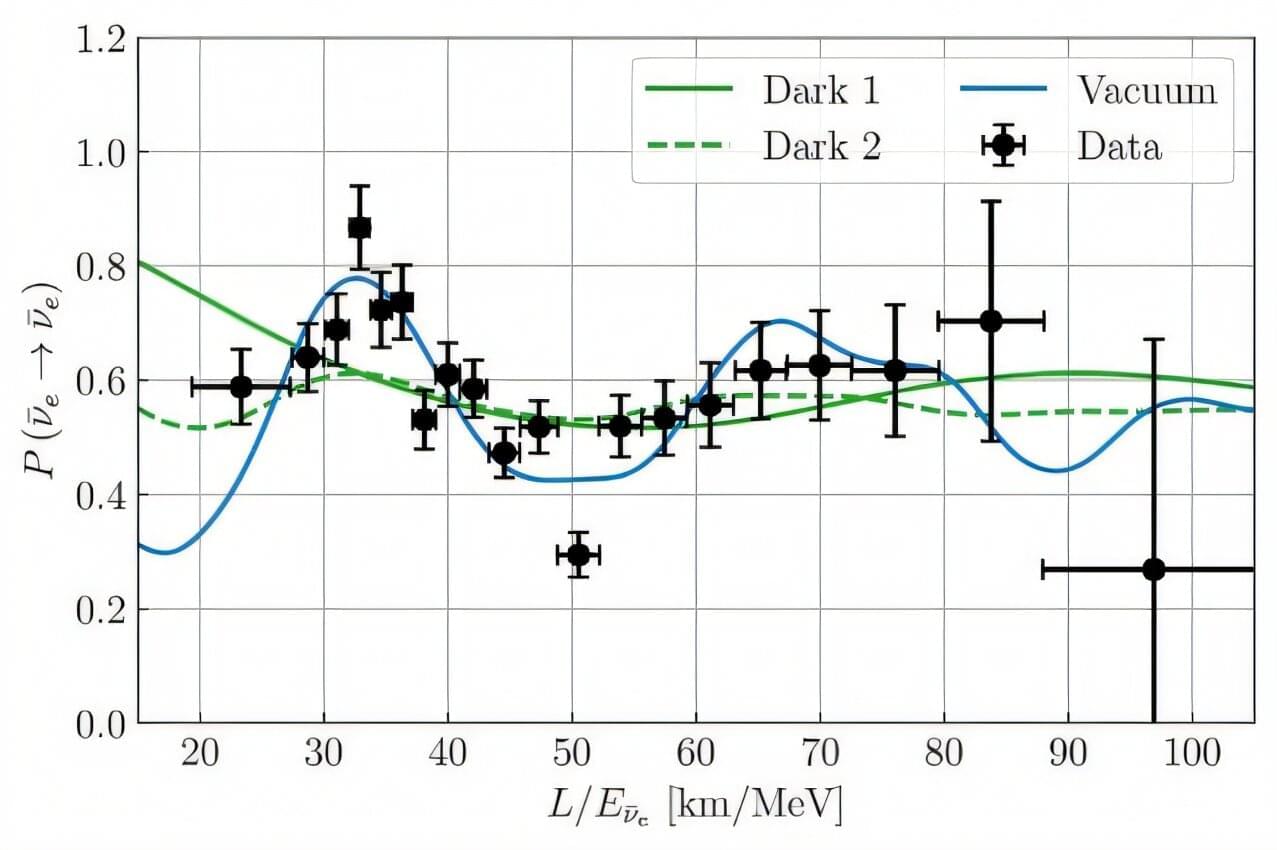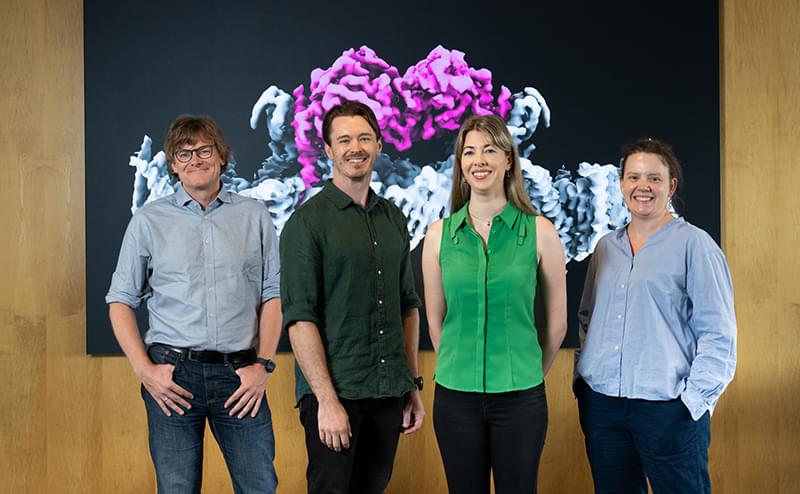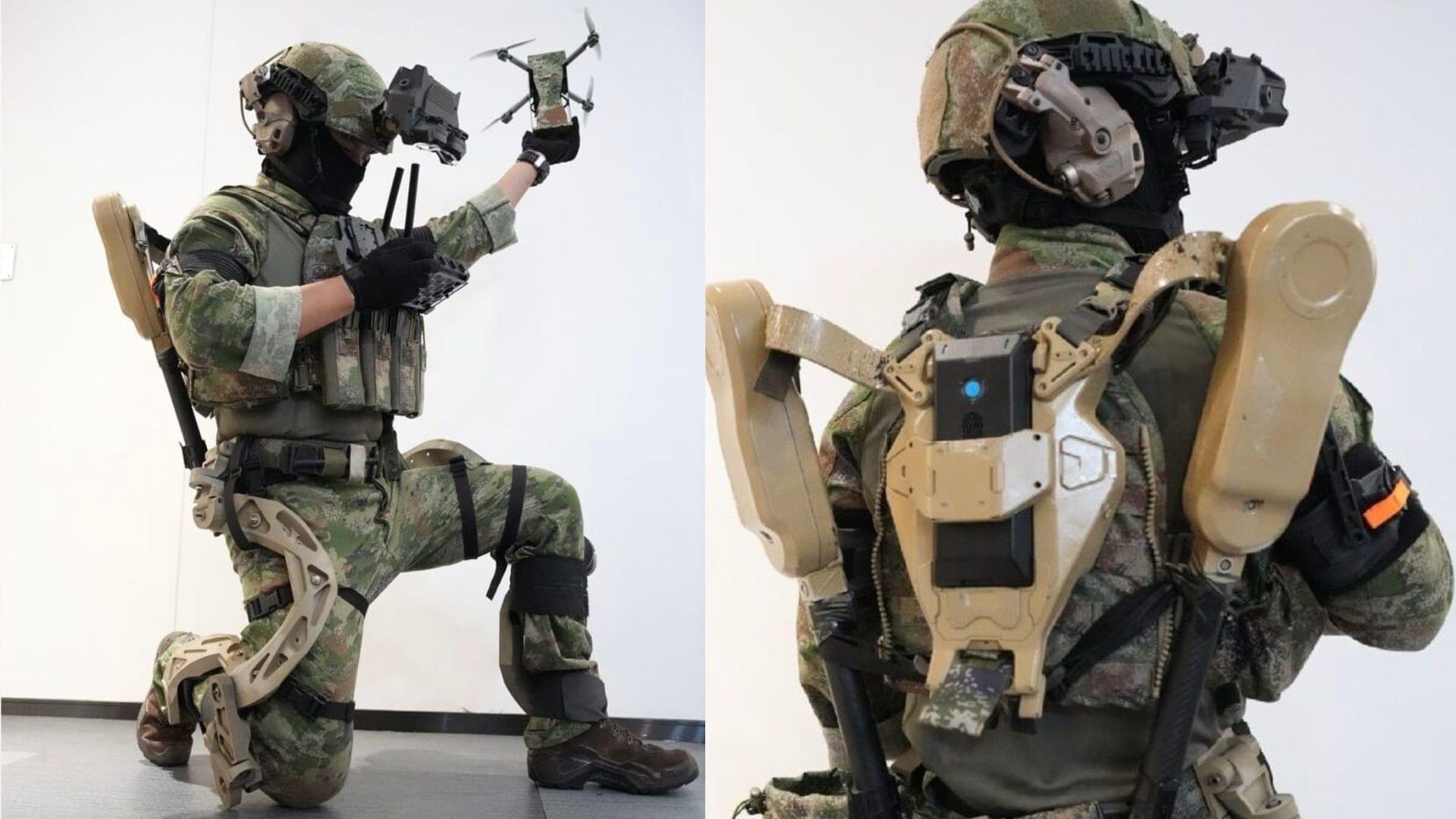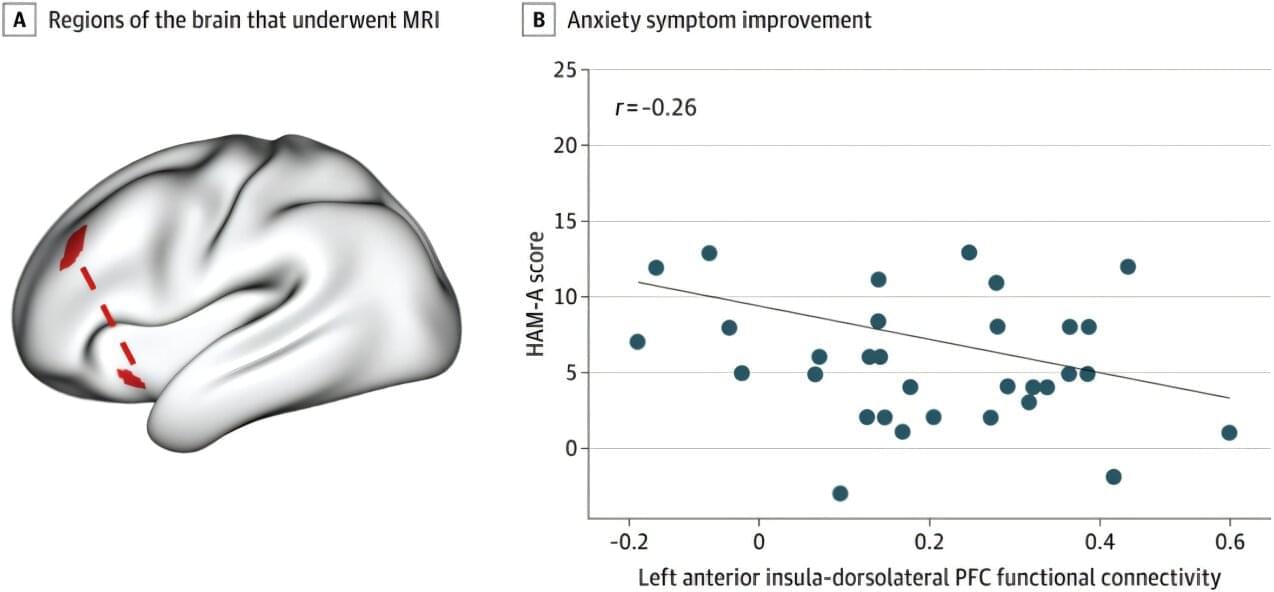Kurian’s group believes these large tryptophan networks may have evolved to take advantage of their quantum properties. When cells breathe using oxygen—a process called aerobic respiration—they create free radicals, or reactive oxygen species (ROS). These unstable particles can emit high-energy UV photons, which damage DNA and other important molecules.
Tryptophan networks act as natural shields. They absorb this harmful light and re-emit it at lower energies, reducing damage. But thanks to superradiance, they may also perform this protective function much more quickly and efficiently than single molecules could.








